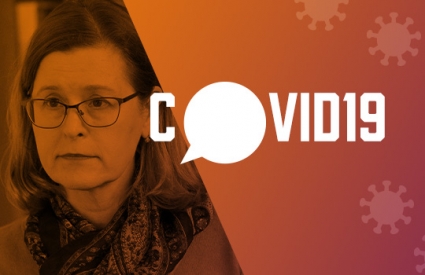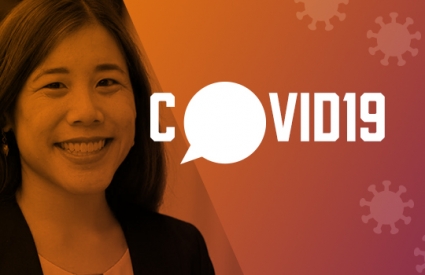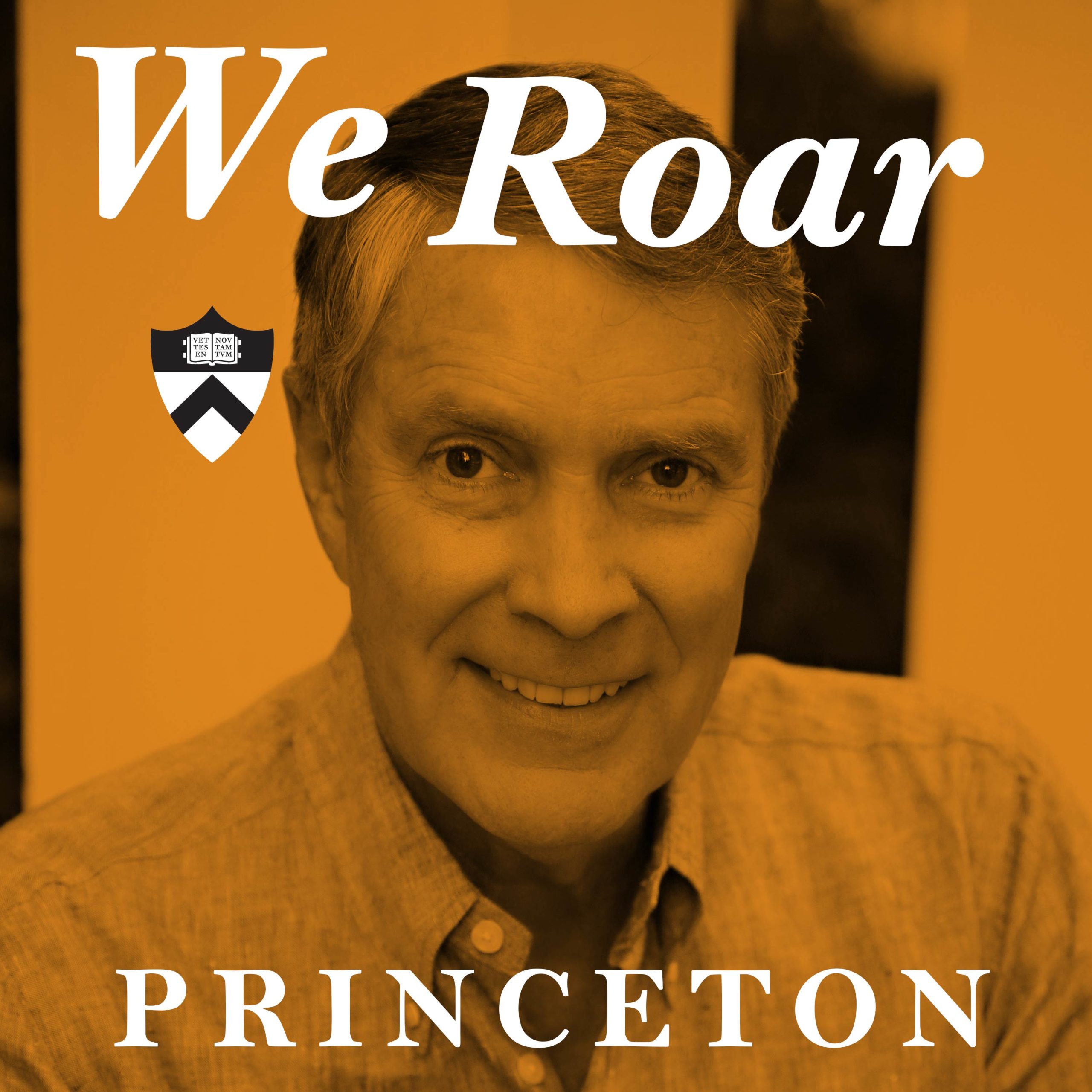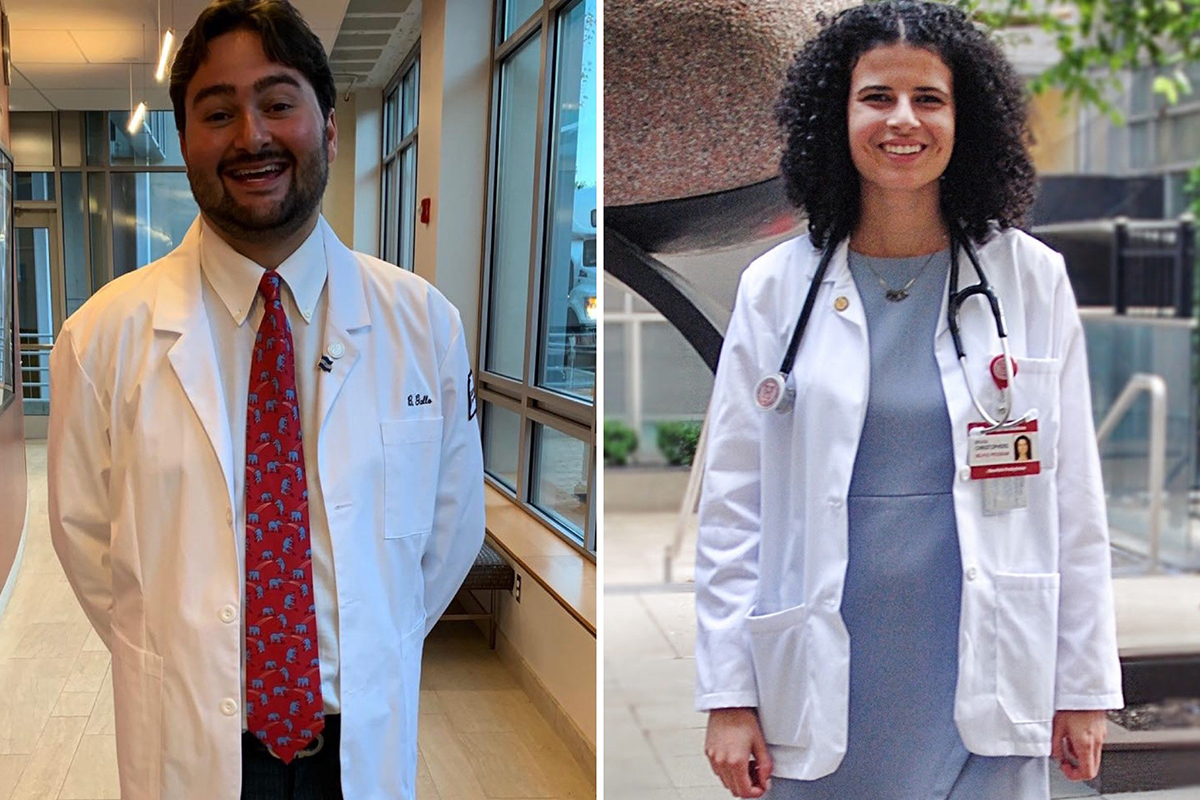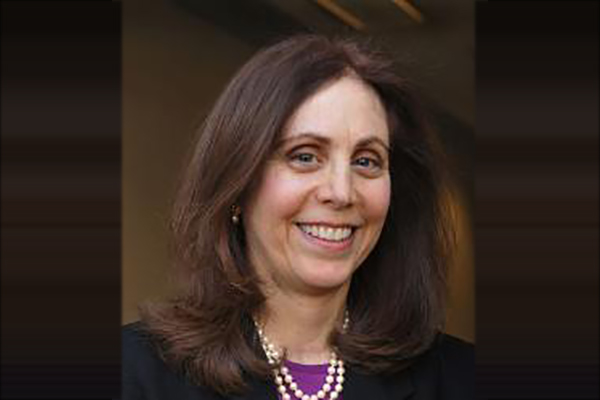Category: Policy
-
WWS Reacts: Family Health During a Global Pandemic
Under normal circumstances, health care accessibility is an issue for many in the United States. COVID-19 brings new challenges for low-income families, expecting mothers, and others at higher risk for serious illness. Faculty expert Janet Currie takes a deeper look at how the global pandemic has impacted mothers and children, its disproportionate effects on low-income populations, and both the positive implications and gaps of the Coronavirus Aid, Relief, and Economic Security (CARES) Act.
-
April 27, 2020 News, Podcasts, Policy
Politics & Polls #182: Economic Turmoil During Covid-19 Featuring Cecilia Rouse
The Covid-19 pandemic continues to have devastating impacts on the global and U.S. economy. To discuss what lies ahead, Sam Wang and Julian Zelizer talk to Cecilia Rouse, dean of the Woodrow Wilson School of Public and International Affairs. Rouse, whose interests are in labor economics, served as a member of the President’s Council of Economic Advisers from 2009 to 2011.
-
To Combat Covid-19, Behavioral Pitfalls Must Be Addressed
In a commentary piece for The Lancet, Princeton’s Eldar Shafir and Dr. Donald Redelmeier of the Sunnybrook Research Institute review eight behavioral pitfalls that challenge the kinds of timely, life-altering judgments that must be made during a crisis. Among the issues they explore are common human traits: a fear of the unknown, personal embarrassment and hindsight bias, among others.
-
Henri Hammond-Paul *19 Helps Keep New Jerseyans Safe
Henri Hammond-Paul *19 is a senior advisor with the N.J. Department of Health working with disaster and emergency management. Before coming to Princeton, he held crisis management and humanitarian aid positions. In this conversation with the Woodrow Wilson School of Public and International Affairs, he outlines the progression of the state’s actions, its highest priorities, long-term policy considerations, and how Princeton prepared him for his role in this crisis.
-
WWS Reacts: How Developing Countries Might Grapple with Covid-19
Covid-19 is present in rich and poorer countries alike, but the looming crisis in developing countries is far more dire, according to Melissa M. Lee, assistant professor of politics and international affairs. Dense, vulnerable populations make social distancing nearly impossible and access to clean water and health care resources are often scarce.
-
April 17, 2020 Health Care, Podcasts, Policy
Preparing for the Next One: Former Surgeon and Senate Majority Leader Bill Frist Lays Out a Plan
Cardiologist and former Senate Majority Leader Bill Frist ’74 discusses how we can prepare for the next pandemic and prevent the suffering we’re experiencing today.
-
April 9, 2020 Health Care, Policy
Love in the time of COVID-19: negligence in the Nicaraguan response
Ben Gallo ’17, a medical student at Brown University, and Brianna Christophers ’17, currently at Weill Cornell Medicine, have co-authored an article in “The Lancet Global Health” outlining the Nicaraguan government’s erratic response to COVID-19. Directly contradicting mitigation strategies recommended by the World Health Organization, President Daniel Ortega has refused to encourage any physical distancing measures. Gallo, Christophers, and their co-authors state that the country’s lack of testing and low numbers of ventilators can cause the already fragile public health infrastructure to collapse under the pressure of widespread infection.
-
Q&A: Laura Kahn *02 on COVID’s Spread and How We Defeat It
Laura Kahn *02, a physician and research scholar at the Woodrow Wilson School of Public and International Affairs, studies the politics of infectious disease, including how leaders can make better decisions during outbreaks and how global-health policy can better prevent and mitigate zoonotic diseases, which are transmitted from animals to humans. In this article, she answers questions about how governments should respond to such pandemics and how the world can stop them from happening again.


